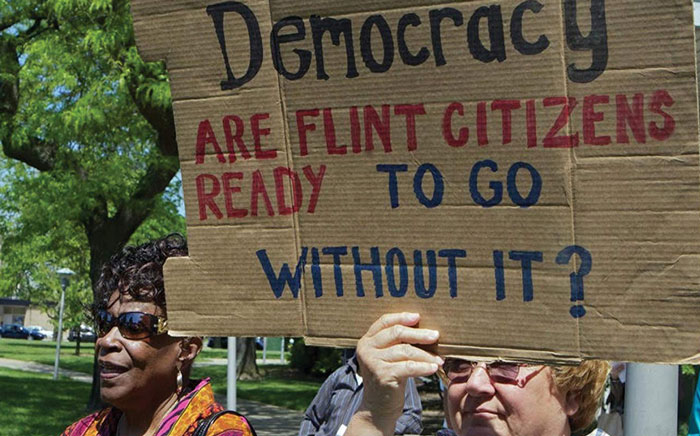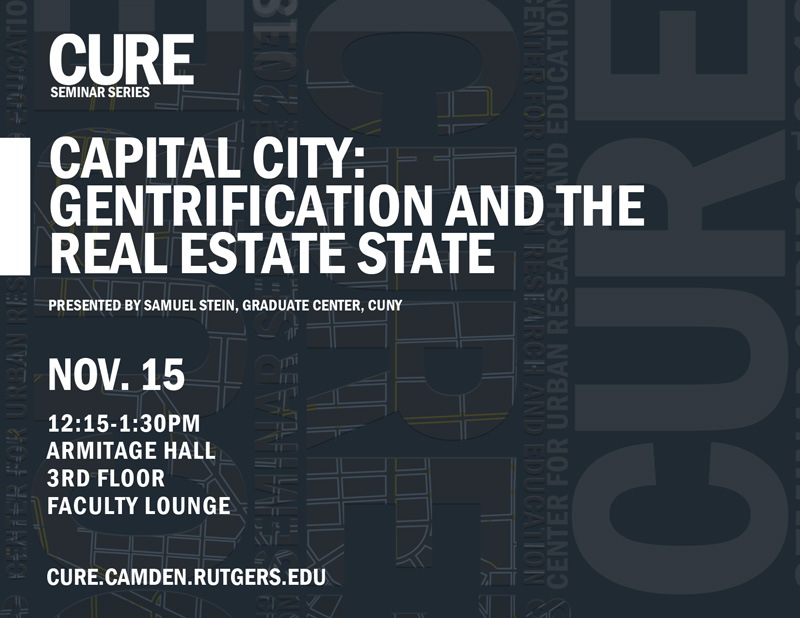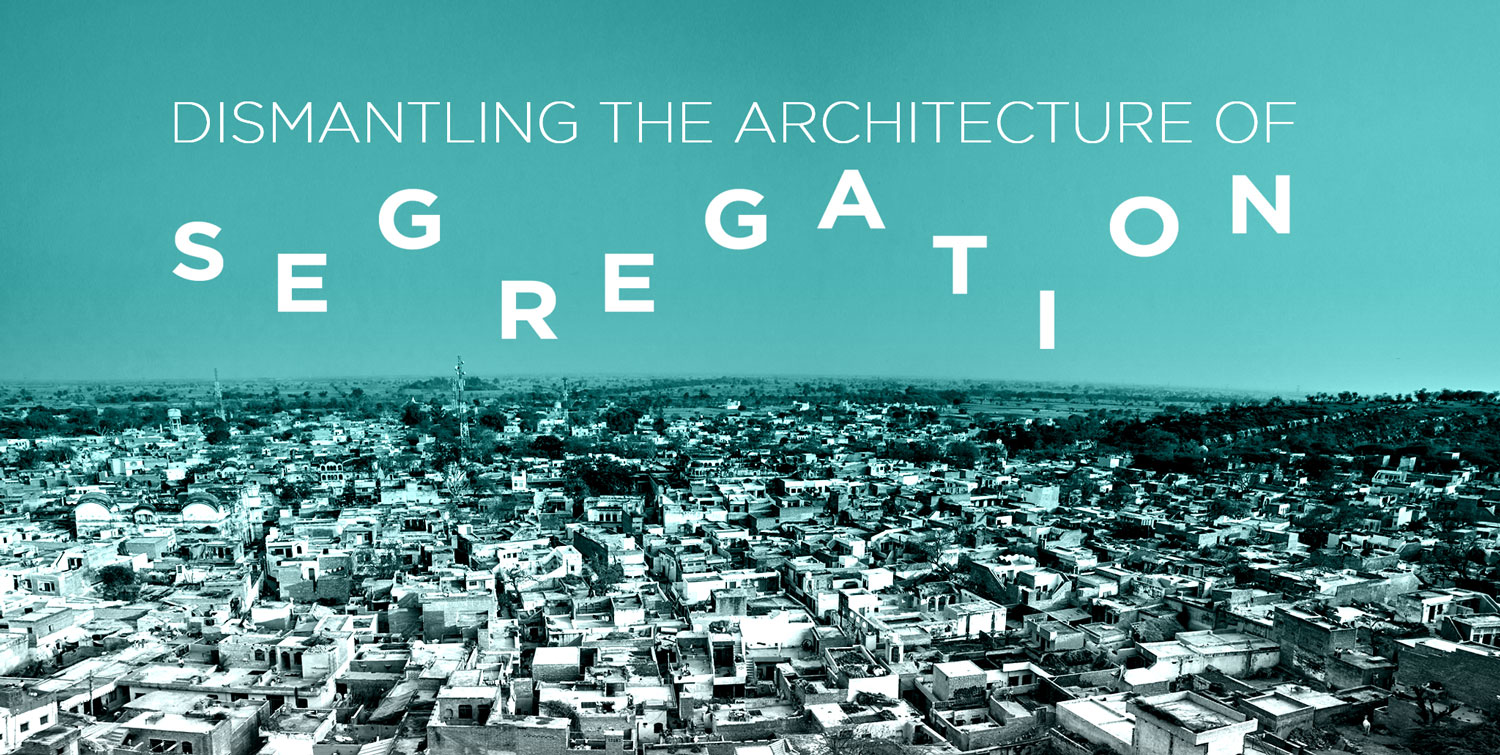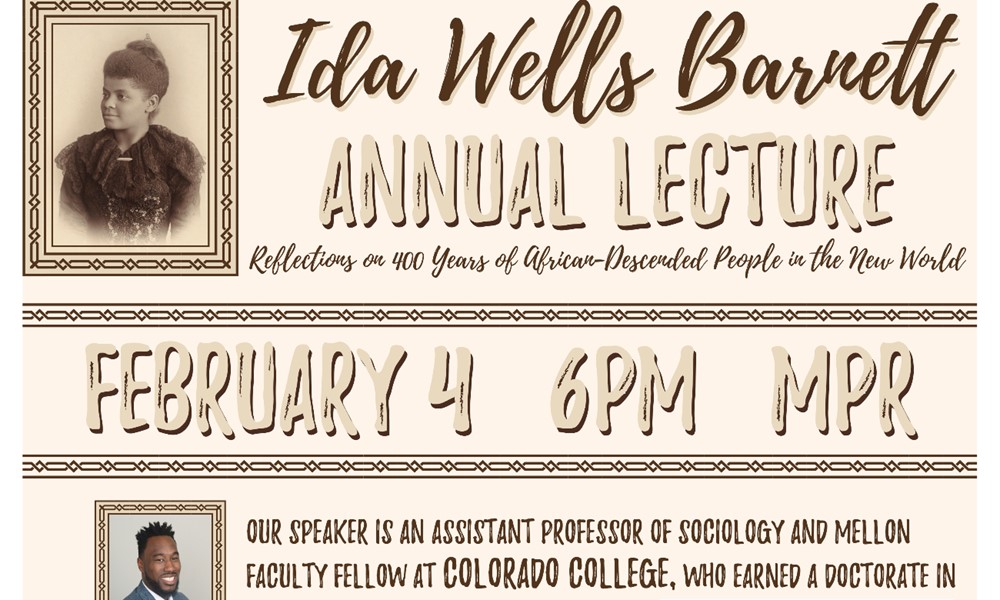Every social and economic problem is both harder and costlier to solve in the context of vastly unequal neighborhoods. Thus, reducing segregation is an essential first step to fixing failing schools, improving health and education outcomes for low-income children, and improving spatial access to opportunity. Moreover, moving towards more integrated living patterns will help break down the walls of distrust that contribute to racial animosity, growing inequality, and political polarization.
In addition to research papers, the conference will feature presentations by public officials, policymakers, and advocates actively engaged in efforts to promote integration through changes to land use regulations, housing finance reform, fair housing enforcement, and affordable housing development. The event will be livestreamed and broadcast on social media via the CURE Twitter account, @CURECamden.
Agenda
8:30-9:00am: Registration and Continental Breakfast.
9:00-9:10am: Welcoming Remarks. Chancellor Phoebe Haddon, Rutgers-Camden.
9:10-9:30am: Introduction and Overview of the Day. Paul A. Jargowsky, Professor of Public Policy and Director, Center for Urban Research and Education (CURE), Rutgers-Camden.
9:30-11:00am: Panel 1 – Zoning and Land Use.
Paul Gottlieb and John Borrmann, Rutgers-New Brunswick. “The Suburban Wall: Zoning Restrictions in the New Jersey Highlands and their Effects on Economic Stratification Across Space.”
Andre Comandon, UCLA. “Fragmenting Los Angeles: An Historical Institutionalist Approach to Exclusionary Urban Development and Policy.”
J. Rosie Tighe, Cleveland State University. “The Intersection of Land Use Regulations and Community Attitudes in Determining Housing Choice and Access.”
Richard Sander, UCLA and Yana Kucheva, CCNY. “How Does Metropolitan Desegregation Come About?”
11:00-11:15am: Break.
11:15-12:45pm: Panel 2 – Race and Power.
Hilary Silver, George Washington University. “Race, Homelessness, and Shelter Siting Disputes: Implications for Segregation.”
Norrinda Brown Hayat, Rutgers – Newark. “Section 8 Is the New N-Word: Policing Integration in the Age of Black Mobility.”
Kanika Khanna, Cornell. “Examining Claims of Spatial Segregation in New York City’s Affordable Housing Policy Administration.”
Maria Krysan, Allison Helmuth, Sha’Kurra Evans, University of Illinois at Chicago. “Cataloging Racial Residential Integration Efforts: A Preliminary Report.”
12:45-1:45pm: Lunch Discussion. Richard Sander et al., “Disrupting Segregation: The National Moonshot Initiative.”
1:45-3:15pm: Panel 3 – Housing and Community.
Stefanie DeLuca, Johns Hopkins University. “Creating Moves to Opportunity.”
Joni Hirsch, Mark Joseph, Amy Khare. National Initiative on Mixed-Income Community. “Promoting Inclusive, Equitable Mixed-Income Communities: An Analysis of San Francisco’s Hope SF and Washington, DC’s New Communities Initiative.”
Kathryn L. Howell, VCU. “Building Bridges and Digging Moats: The Infrastructure for Affordable Housing Preservation in Washington, DC.”
Willow S. Lung-Amam, University of Maryland. “Metropolitan Planning in a Vacuum: Lessons on Regional Equity Planning from Baltimore’s Sustainable Communities Initiative.”
3:15-3:30pm: Break.
3:30-5:15pm: Panel 4 – Boundaries.
Christian Hess, University of Washington and Rutgers-Camden. “How Suburban Is Racial Segregation in U.S. Metropolitan Areas?”
John Lauermann, City University of New York. “Luxury Real Estate and Residential Segregation in New York City.”
Ryan W. Coughlan, Molloy College, and Julia Sass Rubin, Rutgers-New Brunswick. “The Segregating Effects of Charter Schools.”
Ariel Bierbaum and Gail Sunderman, University of Maryland. “Dismantling the Architecture of Segregated Schooling: School Re-zoning as Land Use and Growth Management Policy.”
Russell M. Smith, Winston-Salem State University. “Boundaries, Borders, and Spatial (In)Justices.”
5:15-5:30: Break
5:30-6:30pm: Keynote Address. Gregory Squires, George Washington University. “Inequality, Segregation, and the Right to the City.”
6:30-7:00pm: Hors d’Oeuvres and Conversation.

 Ashley E. Nickels, Ph.D. is an Assistant Professor of Political Science at Kent State University. She is the co-editor of Community Development and Public Administration Theory: Promoting Democratic Principles to Improve Communities (Routledge) and author of Power Participation, and Protest in Flint Michigan (Temple).
Ashley E. Nickels, Ph.D. is an Assistant Professor of Political Science at Kent State University. She is the co-editor of Community Development and Public Administration Theory: Promoting Democratic Principles to Improve Communities (Routledge) and author of Power Participation, and Protest in Flint Michigan (Temple).

 Samuel Stein is a geography PhD candidate at the CUNY Graduate Center. His work focuses on the politics of urban planning, with an emphasis on housing, labor, real estate, and gentrification in New York City. His writing has been published by The Journal of Urban Affairs, International Planning Studies, New Labor Forum, Metropolitics, and many other magazines and journals. In 2019, Verso published his first book,
Samuel Stein is a geography PhD candidate at the CUNY Graduate Center. His work focuses on the politics of urban planning, with an emphasis on housing, labor, real estate, and gentrification in New York City. His writing has been published by The Journal of Urban Affairs, International Planning Studies, New Labor Forum, Metropolitics, and many other magazines and journals. In 2019, Verso published his first book, 
